Advertisement
Food shortages and unpredictable harvests are no longer distant concerns—they're already reshaping lives around the world. At the AWS Summit in London, a new chapter in agriculture was on display, showcasing how artificial intelligence is transforming the way we grow and secure food. Instead of waiting years to develop hardier crops, scientists are now using AI-powered genome engineering to pinpoint and edit plant traits with speed and precision. The conversations at the summit were grounded in one goal: making food more accessible, sustainable, and reliable for everyone. This isn't just about technology — it's about solving one of humanity's oldest struggles.
One of the most talked-about sessions at the AWS Summit London focused on the ways AI-powered genome engineering helps plant breeders move beyond traditional trial-and-error methods. Classical breeding can take years to identify and cross desirable traits. With AI, models trained on vast datasets can predict which genetic traits are most likely to improve yield, resist diseases, or tolerate drought. These predictions speed up decision-making, allowing breeders to focus resources on the most promising combinations.
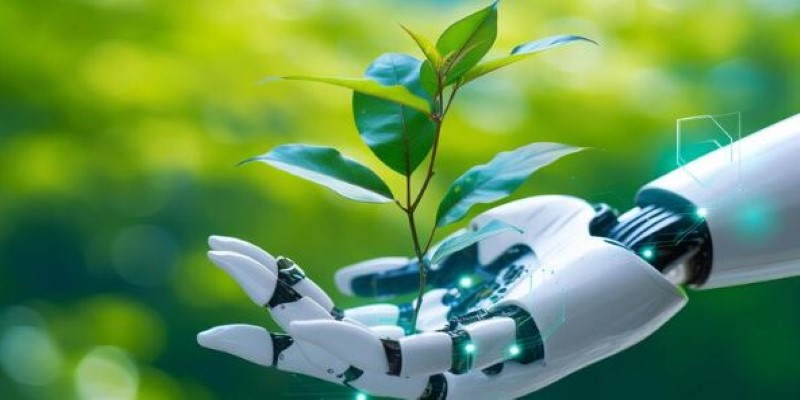
By using AI-powered genome engineering, researchers can edit genes with greater accuracy while minimizing unintended effects. Tools like CRISPR have already opened the door to more precise editing. Still, AI has taken this a step further by analyzing millions of possible variations before anyone even touches a gene. At the Summit, several startups demonstrated how machine learning platforms can simulate hundreds of generations in silico, essentially running virtual crop trials. This means fewer wasted seasons and a more reliable pipeline of improved seeds.
Cloud platforms like AWS have played a crucial role in making the necessary computational power accessible. Crop scientists no longer need massive on-premise servers to process genetic data. Instead, they can scale up or down based on demand, storing and analyzing terabytes of genome sequences. This flexibility has been crucial for smaller research teams that previously couldn’t afford such capabilities.
Food security is no longer just about producing enough food — it’s about producing it sustainably, under changing climate conditions, and with fewer resources. AI-powered genome engineering contributes on several fronts.
First, it helps develop crops that are more resilient to environmental stress. As droughts become more frequent and soils degrade, traditional varieties often fail to thrive. By identifying and editing genes tied to water use efficiency or salt tolerance, scientists can create varieties that survive where others would fail. This is particularly valuable for regions with fragile ecosystems or erratic weather patterns.
Second, it reduces the dependency on chemical inputs. Crops engineered for pest or disease resistance mean farmers can use fewer pesticides. This not only lowers production costs but also lessens environmental impact, which is increasingly important as concerns grow about biodiversity loss and soil health.
Third, AI-guided breeding allows for nutritional improvements. Some of the presenters at the Summit shared examples of staple crops, such as rice or cassava, that have been enhanced to carry higher levels of vitamins and minerals. These biofortified crops address hidden hunger — the lack of essential micronutrients that affects millions, particularly in developing regions.
Finally, speed is a critical factor. Traditional crop development timelines of 10–15 years are too slow for the pace of climate change. AI has shown that this cycle can be cut to just a few years. At the Summit, delegates heard case studies where machine learning models reduced the timeline for identifying desirable genetic edits by as much as 70%. This faster response could make the difference between widespread famine and stable food supplies.
The potential benefits of AI-powered genome engineering are clear, but the Summit also explored some of the challenges and ethical questions. Concerns remain about access to the technology. If only a handful of corporations control the tools and data, smallholder farmers — who produce much of the world’s food — could be left behind. Several speakers called for open platforms and data-sharing frameworks so that public research institutions and farmers in low-income countries can benefit too.

Another topic was consumer acceptance. People in many parts of the world remain wary of genetically engineered foods, even though the techniques used today are more precise and better understood than older methods. The panelists agreed that transparent communication about safety, benefits, and regulations is necessary to build trust.
There's also the risk of unintended consequences when editing genomes, particularly when dealing with complex traits controlled by many genes. AI reduces this risk by predicting outcomes more accurately, but it doesn't eliminate it. The field will require ongoing monitoring and a willingness to adapt as new evidence emerges.
The AWS Summit London showed that solving food security challenges with AI-powered genome engineering needs broad cooperation. Farmers, scientists, policymakers, and tech providers all have a role. The event reflected a shared understanding that the stakes are high, but the tools to meet them are already here.
Cloud technology is making AI accessible to more people, democratizing research and speeding up innovation. Advances in genome editing, guided by machine learning, make it possible to tailor crops to specific environments in ways unimaginable a decade ago. Several initiatives at the Summit are already field-testing crops designed through AI predictions.
At the same time, discussions stressed fair access and equitable outcomes. Ensuring smallholder farmers benefit, rather than get displaced, was a recurring theme. Open-source AI and partnerships between public and private sectors were cited as ways to level the field.
The AWS Summit London made clear that the intersection of AI and agriculture is not a distant vision but an active process. The results are already showing in fields and farms worldwide.
The AWS Summit London highlighted how AI-powered genome engineering supports food security by boosting crop resilience, cutting input reliance, and accelerating breeding. This progress combines innovation with responsibility, aiming to make improved food systems accessible to all. Though challenges persist, the Summit showed that with careful guidance and collaboration, science and technology can help ensure sustainable, equitable food production to meet the needs of a growing global population.
Advertisement

Explore seven advanced Claude Sonnet strategies to simplify operations, boost efficiency, and scale your business in 2025.

How AI-powered genome engineering is advancing food security, with highlights and key discussions from AWS Summit London on resilient crops and sustainable farming

Meta launches Llama 4, an advanced open language model offering improved reasoning, efficiency, and safety. Discover how Llama 4 by Meta AI is shaping the future of artificial intelligence
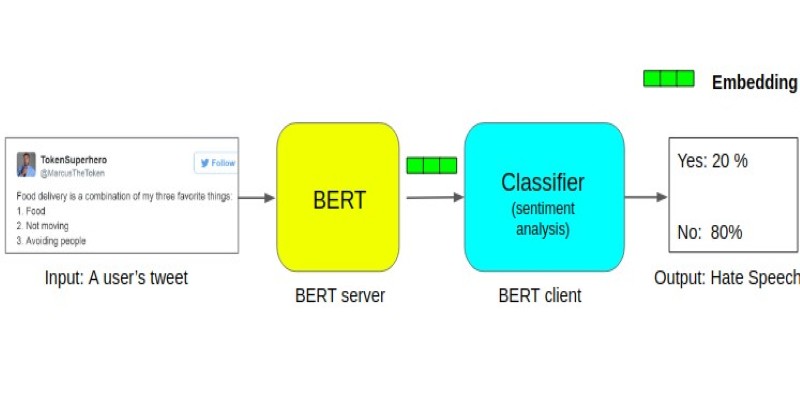
Learn about the BERT architecture explained for beginners in clear terms. Understand how it works, from tokens and layers to pretraining and fine-tuning, and why it remains so widely used in natural language processing
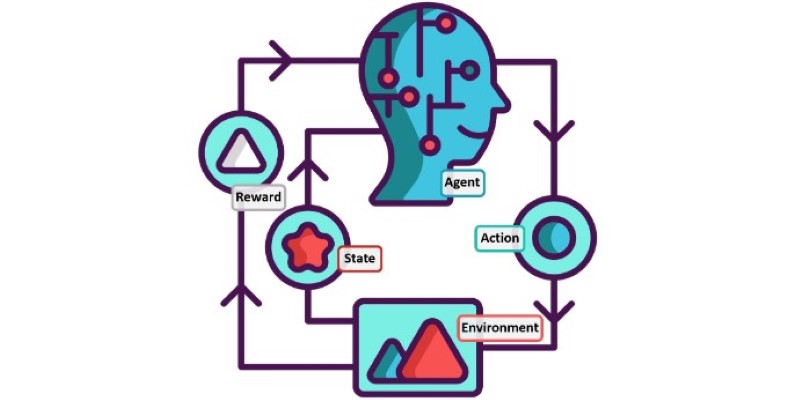
Confused between lazy learning and eager learning? Explore the differences between these two approaches and discover when to use each for optimal performance in machine learning tasks

Discover the best Business Intelligence tools to use in 2025 for smarter insights and faster decision-making. Explore features, ease of use, and real-time data solutions
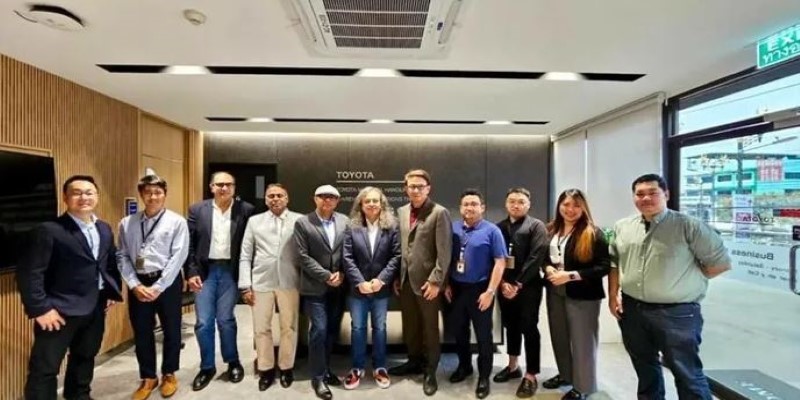
How Toyota is developing AI-powered smart factory tools in partnership with technology leaders to transform production efficiency, quality, and sustainability across its plants
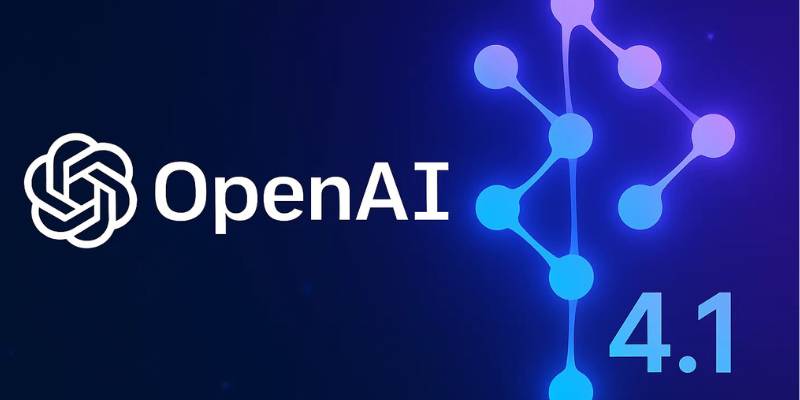
Explore the key features, benefits, and top applications of OpenAI's GPT-4.1 in this essential 2025 guide for businesses.

Explore the real-world differences between Claude AI and ChatGPT. This comparison breaks down how these tools work, what sets them apart, and which one is right for your tasks
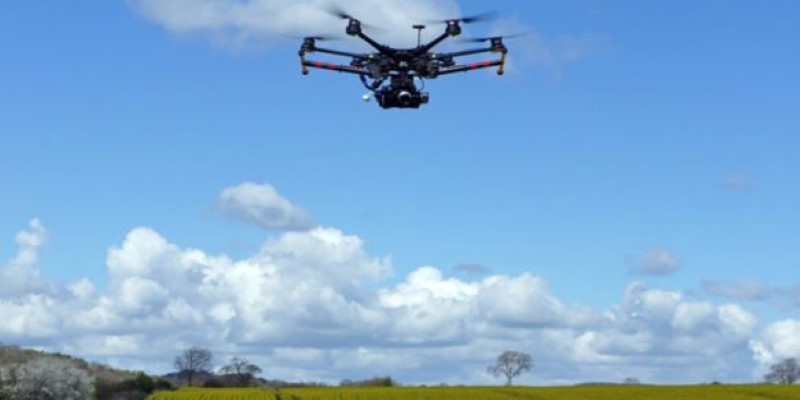
What happens when Nvidia AI meets autonomous drones? A major leap in precision flight, obstacle detection, and decision-making is underway

If any variable is missing, do not drop the data; instead, you can easily analyze individual data using the functions with R
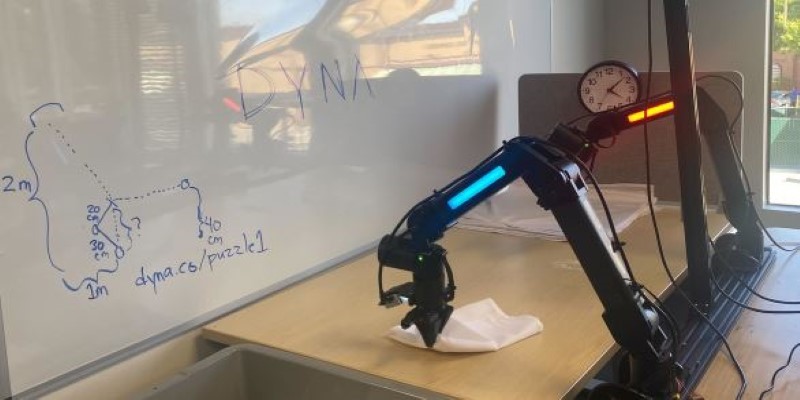
How a groundbreaking AI model for robotic arms is transforming automation with smarter, more adaptive performance across industries